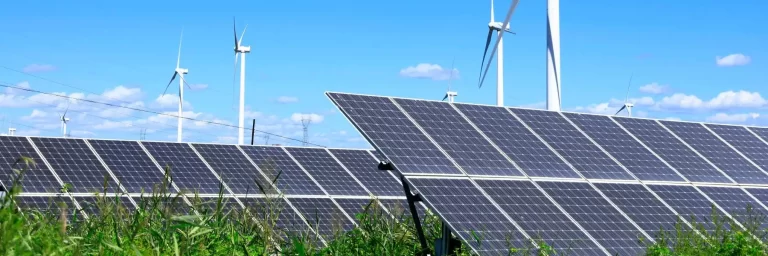As the UK accelerates its transition to a net-zero economy, the recently passed Great British Energy Act 2025 marks a pivotal shift in how energy is produced, managed, and consumed. For small and medium-sized enterprises (SMEs), this isn’t just a policy update—it’s a strategic opportunity.
What Is the Great British Energy Act 2025?
Passed into law earlier this month, the Act establishes Great British Energy, a publicly owned energy company with a mission to scale up domestic renewable energy production and enhance national energy security. Backed by an initial £8.3 billion in funding, the initiative aims to accelerate the UK’s shift to clean, affordable, and ethically sourced energy.
Read the full press release from the UK government.
Why SMEs Should Pay Attention
Small businesses are a vital part of the UK economy and they also account for a significant share of commercial energy usage. As legislation tightens and public pressure grows, sustainable practices are no longer a “nice to have.” They’re a competitive necessity.
Here’s how your business can align with the Act, and why it matters.
1. Improve Energy Efficiency
Reducing energy consumption isn’t just good for the planet – it can meaningfully lower your operating costs. Many SMEs could qualify for funding or tax relief under existing schemes aligned with the Act’s goals.
Consider:
- Installing smart meters and energy-efficient lighting
- Upgrading heating, ventilation, and insulation systems
- Applying for government energy efficiency grants
2. Explore Renewable Energy Investments
The Act encourages decentralised energy generation – giving local businesses the chance to co-invest in solar, wind, or battery storage projects. This could reduce long-term electricity bills and future-proof your operations against volatile energy prices.
Options to explore:
- Installing rooftop solar panels on commercial premises
- Joining local energy cooperatives or community projects
- Leasing equipment via clean energy asset finance
3. Audit Your Supply Chain
The government has also pledged to create ethical, forced-labour-free energy supply chains. SMEs who sell to the public sector or large corporations will likely be required to comply with new procurement standards.
What to do now:
- Map your suppliers and assess their environmental impact
- Create a simple ESG policy for your business
- Review your supplier contracts for sustainability clauses
4. Make Sustainability Part of Your Brand
More consumers and clients now expect transparency on environmental practices. Small businesses that integrate sustainability into their brand can gain a real market edge.
Consider:
- Publishing an annual impact report
- Highlighting eco credentials in marketing
- Getting certified by schemes like B Corp or Green Mark
Apply for a loan to support your sustainable business plan
Final Thoughts
The Great British Energy Act 2025 is a landmark policy – but it’s also a call to action for UK small businesses. With the right strategy, SMEs can not only comply with new standards but lead the way in building a cleaner, more resilient economy.
Now is the time to assess your energy use, explore funding options, and turn sustainability into a business advantage.


